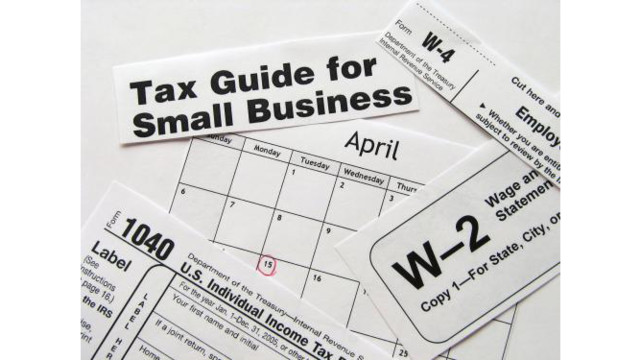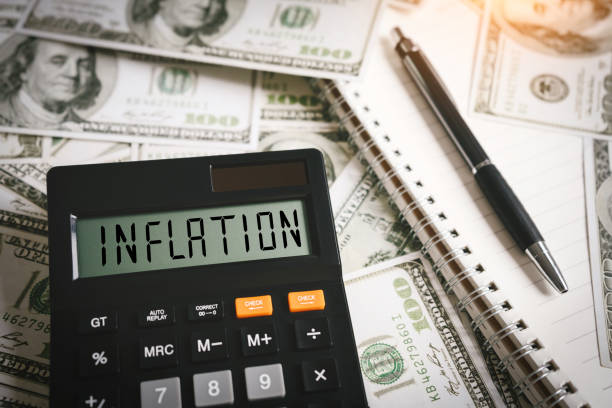The IRS has officially kicked off tax season and taxpayers’ physical and digital mailboxes will soon—if they haven’t already—start filling with tax forms from their employers, banks and financial institutions, and elsewhere. Heeding the IRS’ warning that this’ll be another hectic tax season plagued by potential delays, the Illinois CPA Society (ICPAS) has put together a list to help taxpayers and urges them not to put off compiling and filing their tax returns.
Wading through the various forms with seemingly identical titles can be confusing, so here’s a breakdown of the forms most taxpayers are likely to receive this year:
- W-2: One of the most common forms, Form W-2 is provided by employers annually to report a taxpayer’s total compensation, taxes paid, and contributions to retirement accounts, among other payroll details.
- 1098: Purchase a new property or continue paying a mortgage? Form 1098 is the mortgage interest statement provided by each lender for each mortgage a taxpayer is named on, reporting how much was paid in interest and insurance premiums, and other financial details.
- 1098-E: Taxpayers with federal student loans may or may not receive this form for 2021 as interest on those loans was waived due to COVID-19 hardship. Generally, Form 1098-E reports federal student loan interest paid by borrowers equal to or greater than $600.
- 1098-T: Taxpayers who received payments for qualified tuition and expenses, certain adjustments, scholarships, or grants will receive Form 1098-T from their educational institution for reporting purposes.
- 1099-B: Investors with proceeds from broker or barter transactions, like selling stocks or options, or exchanging property, will receive Form 1098-B from each applicable financial institution to report any capital gains or losses.
- 1099-DIV: Each bank or financial institution in which a taxpayer receives dividends or other distributions from their investments during the calendar year will receive Form 1099-DIV to report the income.
- 1099-INT: Interest earned above $10 will be reported on Form 1099-INT from each applicable bank or financial institution.
- 1099-MISC: Income earned from miscellaneous sources, like royalties, rents, prizes, or awards, will be reported on Form 1099-MISC.
- 1099-R: If a taxpayer received a distribution of $10 or more from a pension, annuity, retirement account, profit-sharing plan, or insurance contract, Form 1099-R will be received from each applicable financial institution to report this income.
- SSA-1099 or SSA-1042S: For taxpayers receiving Social Security benefits, either Form SSA-1099 or Form SSA-1042S will be provided by the Social Security Administration to report the total amount of benefits received.
- Letter 6419: This letter from the IRS reports the total amount of money parents received in 2021 from Advanced Child Tax Credit payments, which were paid out from July through December 2021. If a letter isn’t received before filing, taxpayers can check the IRS website to see if they received payments or if they’re eligible for a credit.
Most tax forms will be delivered from January through February, and it’s always smart to check each form for any errors or inconsistencies before filing them.
The deadline for filing individual tax returns is Monday, April 18, 2022, three days later than the normal April 15 deadline due to an Emancipation Holiday in the District of Columbia. April 18 is also the deadline for requesting a filing extension, which gives taxpayers until Oct. 17, 2022, to file their 2021 tax returns. Remember, however, an extension only provides additional time to file your return, and any anticipated payments are still due on April 18. The IRS is urging taxpayers to electronically file their tax returns and to choose direct deposit for and refunds due to speed up processing.
Filing federal and state tax returns can be a hectic process. ICPAS reminds taxpayers that certified public accountants (CPAs) have their backs. CPAs are strategically positioned to help taxpayers file their tax returns while determining the best ways to maximize tax deductions and tax refunds. ICPAS’ free “Find a CPA” directory can help taxpayers find the trusted, strategic advisor that’s right for them based on location, types of services needed, and languages spoken. Find a CPA at www.icpas.org/findacpa.
Thanks for reading CPA Practice Advisor!
Subscribe Already registered? Log In
Need more information? Read the FAQs
Tags: Benefits




